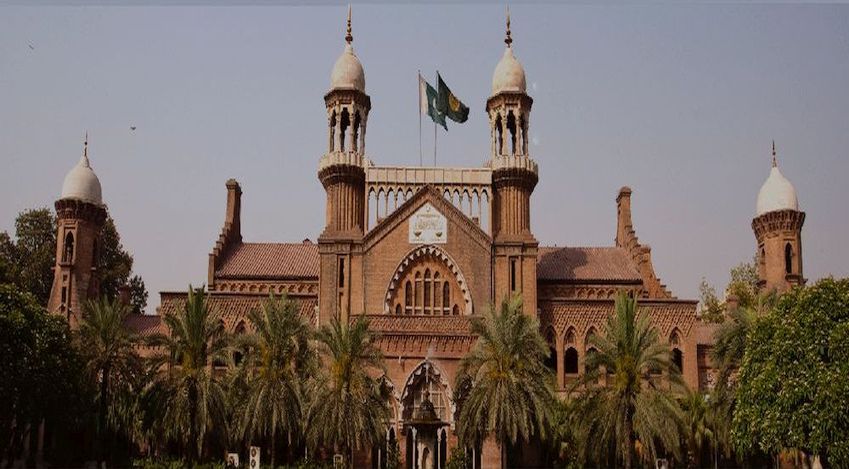Administrative Bodies cannot overstep their Legal Authority and must follow Due Process in Land Allotment Disputes ---Lahore High Court Sets Aside Board of Revenue’s Decision
Islamabad 08-03-2025: In a significant ruling, the Lahore High Court (LHC) has set aside the Board of Revenue Punjab’s decision in a land allotment dispute under the Horse Breeding Scheme in Sahiwal. Mr. Justice Ch. Sultan Mahmood-J ruled that the Board of Revenue acted beyond its jurisdiction in canceling the allotment without due consideration of legal requirements.
The case stems from a dispute over the allotment of 192 Kanals and 18 Marlas of land in Sahiwal, originally allocated to Haji Muhammad Ali (deceased). The Petitioner being the grandson of the deceased allottee, was granted the land, while Respondent No.5, son of the deceased, contested the allotment.
Following an appeal, the Commissioner Sahiwal Division upheld Ameer’s allotment. However, in a revision petition, the Board of Revenue nullified the claims of both parties, citing an alleged private partition between them and ordered a fresh allotment to a new candidate.
Mr. Justice Ch. Sultan Mahmood-J, while deciding [W.P. No. 234510 of 2018], ruled that the Board of Revenue’s decision was based on flawed legal reasoning and lacked evidentiary support.
The Board of Revenue has wide powers under Section 164 of the Land Revenue Act, 1967, but these powers must be exercised within legal limits.
The Court ruled that statements made before the Board of Revenue were not judicial admissions and, therefore, could not be treated as conclusive evidence. Relying on Nagindas Ramdas Vs. Dalpatram Ichharam [(1974) 1 SCC 242], the Court clarified that only judicial admissions in pleadings are binding, while evidentiary admissions can be retracted.
The Court emphasized that under Section 5 of the Oaths Act, 1873, any testimony recorded without administering an oath is inadmissible.
- Sajjad Ahmad Vs. The State (1992 SCMR 408)
- Ehsan Ellahi Baig Vs. Muhammad Pervaiz (PLD 2018 Lahore 693)
The Court held that the Board of Revenue’s decision was irrational and unreasonable, violating the Wednesbury principle (Associated Provincial Picture Houses Ltd. Vs. Wednesbury Corporation [(1948) 1 KB 223)]. The decision also ignored relevant policy guidelines and factual considerations.
The cancellation of allotment was done without proper legal justification, violating established legal procedures. The Court ruled that such orders cannot stand in the field and remanded the matter back to the Board of Revenue for fresh adjudication.
Final Decision & Implications:
- The impugned order dated 27.08.2018 was set aside.
- The case was remanded to the Board of Revenue to decide the matter afresh.
The connected petition [W.P. No. 18984 of 2019] was disposed of on similar terms.
Powered by Froala Editor








